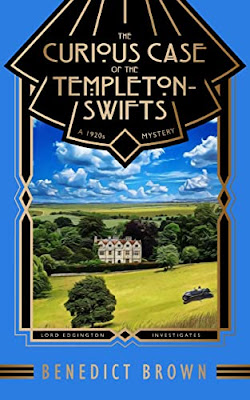After Matthew 6:19-21
We have a choice, it seems,
a choice of treasures,
of which there are
two distinct kinds.
On we know well:
the treasures of earth:
money, stocks and
bonds, real estate,
jewels, precious metals,
great works of art, all
of those earthly delights
the provide wealth,
power, ease, security,
obedience, control.
The other is the treasures
of heaven, the ones that
last and endure, the ones
moths cannot destroy,
nor rust corrode, nor
thieves steal, nor hackers
grab and ransom. And it is
a choice, one we can
freely make, a choice that
explains and demonstrates
what matters, where
our heart is.
Photograph by Immo Wegmann via Unsplash. Used with permission.














